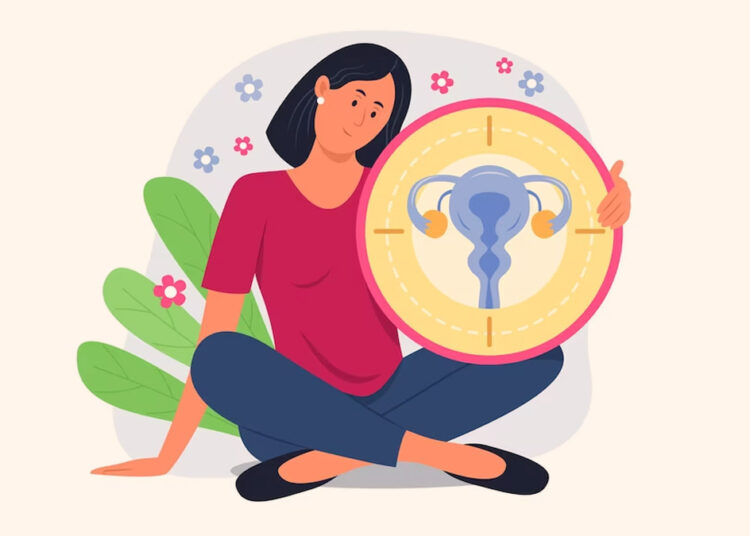AIDS Healthcare Foundation (AHF) Nigeria has urged stakeholders to do more in addressing period poverty and eliminate harmful stigma surrounding menstruation that keeps girls and women all ages from thriving.
The Foundation made the call in commemoration of Menstrual Health Day (MHD) observed annually on May 28, raising awareness about the importance of menstrual health education and resources.
AHF Nigeria Country Program Director, Dr. Eche Ijezie in a statement said AHF Nigeria is poised to place menstrual health issues as a key national agenda towards ending period poverty.
“We are committing resources to creating greater awareness in the general population and bringing different stakeholders to join the conversation. Young women and girls, irrespective of their location or social status must be able to have their periods in a safe and conducive environment and without the difficulties that a lack of access to sanitary products presently constitutes.”
The Foundation revealed that it will use commemorative events to distribute free sanitary pads and advocate for effective menstrual health management for all who need it.
The statement further said, AHF Nigeria will have a multi-state commemoration to reach more young women and girls with menstrual health education and awareness and distribute free sanitary pads to as many girls as we can reach out to in our states of operation.
“Beyond these, AHF Nigeria is also working through some CSOs and CBOs to distribute free sanitary pads to young women and girls in communities across our program states.
“In Abuja, FCT, Ibesikpo, Uyo, Akwa Ibom state and in Angwan-Jukun community, Makurdi, Benue state, AHF officials in collaboration with partners shall be hosting engaging outreach events to provide awareness and education about menstrual health management issues and as well distribute free sanitary pads to young women and girls at these events. There will also be live radio engagements in Abuja, Uyo and Makurdi to propagate menstrual health management education widely.”
Report says an estimated 1.8 billion people menstruate globally, yet 500 million will experience period poverty—including the lack of access to menstrual health products, safe and clean facilities, and accepting communities.
These barriers, along with stigma, can lead to poor health outcomes, missing school or work, and adverse effects on mental health. This Menstrual Health Day. To this end, the Foundation called on stakeholders to unite in the fight to end period poverty and the stigma.











